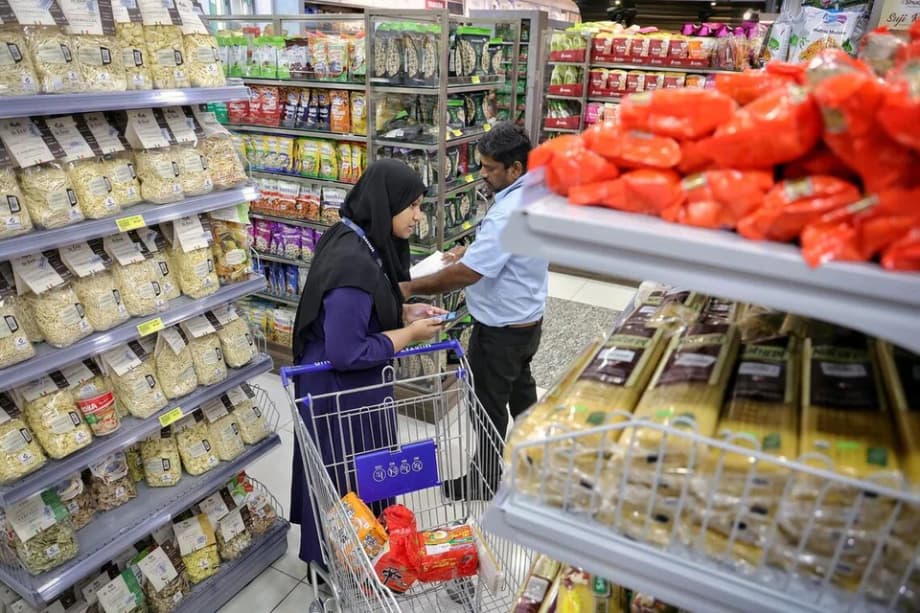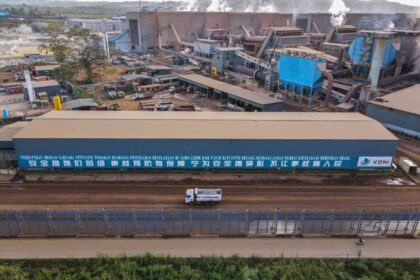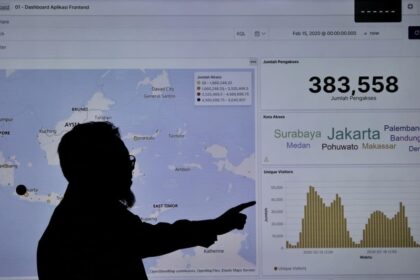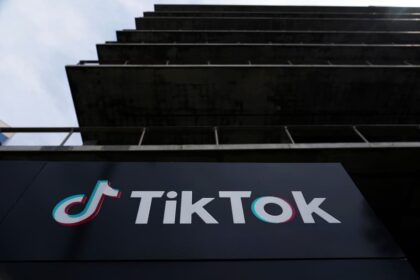A New Digital Chapter for a Singapore Icon
Mustafa Centre has taken its famed all hours bazaar experience online, switching on its ecommerce site on Oct 28. The new store, shopmustafa.sg, lists just over 3,000 items at launch with islandwide delivery. Orders above SG$150 are delivered free, and deliveries below that threshold incur a SG$10 fee. Same day delivery is not available yet while the team calibrates staffing and routes. Early baskets average around SG$200, a sign that shoppers are using the service for bigger purchases and weekly restocks. The move gives regulars a way to buy from home and opens a channel to many who have never been to the Little India flagship. It marks a long awaited step for one of Singapore’s most recognisable retail names.
Management says the aim is convenience without burning cash. Unlike many retailers that chased online growth at any cost, Mustafa wants the service to pay for itself from day one. That stance shapes product selection, delivery rules and pricing. The store draws about 15,000 in person shoppers each day across its 24 hour complex on Syed Alwi Road. Moving a slice of that demand online gives busy families and businesses another option, especially for heavy items that are awkward to carry on public transport. Singapore’s ecommerce logistics are mature today, which lowers risk for a late mover that prizes operational control.
Mustafa’s story stretches back to 1971, when it opened in Campbell Lane before expanding along Serangoon Road and settling into the current multi level site in 1995. The physical store carries an extraordinary breadth of goods, from gold jewellery and perfumes to rice cookers, sportswear and specialty foods. Its total in store assortment is widely cited at about 500,000 items. The new online catalogue is a small slice for now, but the team plans to add roughly a thousand more items each month once workflows bed in.
What the Online Store Offers Today
At launch, shoppers will find groceries, pantry basics, household supplies, small appliances, fragrances, chocolates and a mix of regional brands that long time patrons associate with the store. The site is easy to navigate and presents clear delivery terms and minimums. A direct purchase from Mustafa eliminates the uncertainty of marketplace listings and consolidates delivery for mixed baskets. The biggest selling point so far is convenience for bulky goods and bulk buys. Families can build a large cart without worrying about a taxi queue or parking. Businesses near the city fringe can top up office pantries in a single checkout.
Pricing and delivery
Delivery costs are straightforward. Orders below SG$150 carry a SG$10 fee, which is in line with the cost of last mile delivery in Singapore. Orders at SG$150 and above are free. Same day delivery is not offered yet. The team is still calibrating picker shifts and delivery windows to ensure reliable handover times. For now, the company works with trusted delivery partners. Management has said it will explore same day options as volumes grow. There is early talk of a dedicated fleet if demand warrants it, which would give the business more control over routes and costs during peak periods. Shoppers can browse the current range at shopmustafa.sg.
What people are buying
Large ticket items and bulk groceries anchor early orders. Average basket size has been around SG$200, consistent with customers loading appliances, cartons of drinks, bags of rice and multi packs of staples. The online range also spotlights signature categories, from perfumes and chocolates to diaspora favorites like Amul dairy products. That selection plays to Mustafa’s strength as a one stop destination that mixes value and variety under one roof. The plan to add about one thousand items each month will slowly bring more of the in store breadth online without overwhelming the picking team.
Why Mustafa Is Taking a Disciplined Approach
Mustafa is arriving late to ecommerce by design. The company watched the market mature, then chose a model that protects margins. Prices online reflect true costs, including picking, packing, delivery and customer service. That is a departure from growth at all costs playbooks that subsidised shipping and waived fees for years. The leadership believes that chasing volume without sound unit economics can damage a retailer’s core business. The online store is meant to complement the flagship, not cannibalise it.
In a company statement, founder Mustaq Ahmad said the launch answers years of requests for at home convenience.
For years, our customers have asked for an online option. The market is changing, people want convenience. They still want to buy from Mustafa, but they also want the choice to shop from home. So we decided it is time to make it happen and give them what they have been asking for.
In the same statement, founder Mustaq Ahmad underlined the financial stance that guides the rollout.
Many online retailers lose money, but we do not believe in that. From day one, we must be profitable. Our prices reflect real costs, delivery, logistics and service to make sure the business is sustainable.
How the Operations Work Behind the Scenes
The online store runs out of the six storey complex for now. About ten staff, many of them former cashiers retrained as pickers and packers, work through orders. The store itself acts like a warehouse. Staff pull items from shelves, consolidate them at a staging area and hand parcels to delivery partners. Same day fulfillment is paused while the team learns order rhythms and peak times. Average orders are heavier than a typical basket, which adds handling time for appliances and cases of drinks.
Using an existing store as a warehouse is a common first step in digital retail. It reduces upfront capital and lets a retailer test demand with live inventory. The trade off is that pickers share aisles with shoppers, which can slow down fulfillment during busy hours. Dedicated back rooms, dark stores or distribution centers increase speed but require investment and careful demand planning. Mustafa’s choice balances speed to market with control. If sales scale, the company can carve out picking zones, add conveyors or shift to micro fulfillment systems that place fast moving items within easy reach.
Delivery is the costliest leg in most online retail journeys. Parcels travel the last mile across congested streets and spread out neighborhoods. Fees usually do not cover the full cost unless the average basket is high. That is why the free delivery threshold matters. At SG$150 and above, route density improves and the economics of a drop look better. Mustafa’s 24 hour operations can support late night picking and early morning handoffs, which helps carriers avoid peak traffic. Management has also said it may invest in automated packing and a dedicated fleet if order volumes justify the spend.
Customer Response and the In Store Magic
Reception has been warm among shoppers who love the breadth of the store but find travel and parking inconvenient. Early adopters say the service is a relief for bulky goods, gifts and pantry staples. Some regulars are checking prices against aisles they know well. The trade off is clear, pay a little more online in some cases for delivery and convenience, or keep visiting the store for the lowest shelf prices. Either way, the brand relationship stays intact.
Mr Mustaq has been clear that digital will sit beside the original experience, not replace it.
The physical store offers the joy of discovery, while the online store opens an unlimited market beyond our walls.
Frequent patrons often highlight the thrill of discovery in the maze of departments, the all day and all night access, and the chance to find a hard to source item tucked away on a shelf. Many hope that the company keeps that character while building its online catalogue. A coherent approach can let the two channels support each other, for example by allowing online stock checks for in store pickup or returns at counters that customers already use.
Competition and Market Context
Singapore shoppers are tech savvy and price aware. Marketplace platforms and grocery delivery services set expectations on speed and choice. Many retailers now sell on major platforms, run their own sites or blend both. The cost of acquiring customers is high, which is why a trusted name with a loyal base has an advantage. Mustafa’s brand recognition and deep assortment help it stand out without leaning on constant discounting.
Direct to consumer channels launched by electronics makers, beauty labels and specialty grocers have raised the bar on site design and delivery windows. During the past few years, several brands added official local web stores in Singapore alongside marketplace storefronts. That mix lets companies manage pricing and warranty policies, while using platforms for reach. Mustafa’s move reflects a similar calculus. The company controls the offer and service quality on its own domain while tapping existing logistics networks for the doorstep leg.
What Could Come Next
The clearest near term change will be a bigger catalogue. Management plans to add about one thousand items each month as processes stabilise. Same day delivery is under exploration for popular categories once the team can guarantee reliability. If orders keep rising, an in house delivery fleet could follow to improve control over timing, temperature for food and brand presentation at the doorstep.
Several customer friendly upgrades are natural candidates. Click and collect could use the store’s long hours to offer flexible pick up windows. Stock level visibility would help shoppers plan store visits. Better search, filters and multilingual support would make discovery easier for a catalogue that spans half a million items in store. Simple bundles for festival seasons and value packs for pantry staples could lift basket sizes and simplify ordering.
At a Glance
- Mustafa Centre launched its online store on Oct 28 with just over 3,000 items and islandwide delivery.
- Delivery is free at SG$150 and above, and SG$10 otherwise.
- Average order value is around SG$200, driven by appliances and bulk groceries.
- Same day delivery is not offered yet while operations are calibrated.
- About ten staff currently pick and pack orders from the main complex.
- The in store range spans about 500,000 items, and the site will add roughly 1,000 new items each month.
- Leadership says the online service must be profitable from day one and priced to cover real costs.
- Online shopping is meant to complement the 24 hour in person experience, not replace it.












